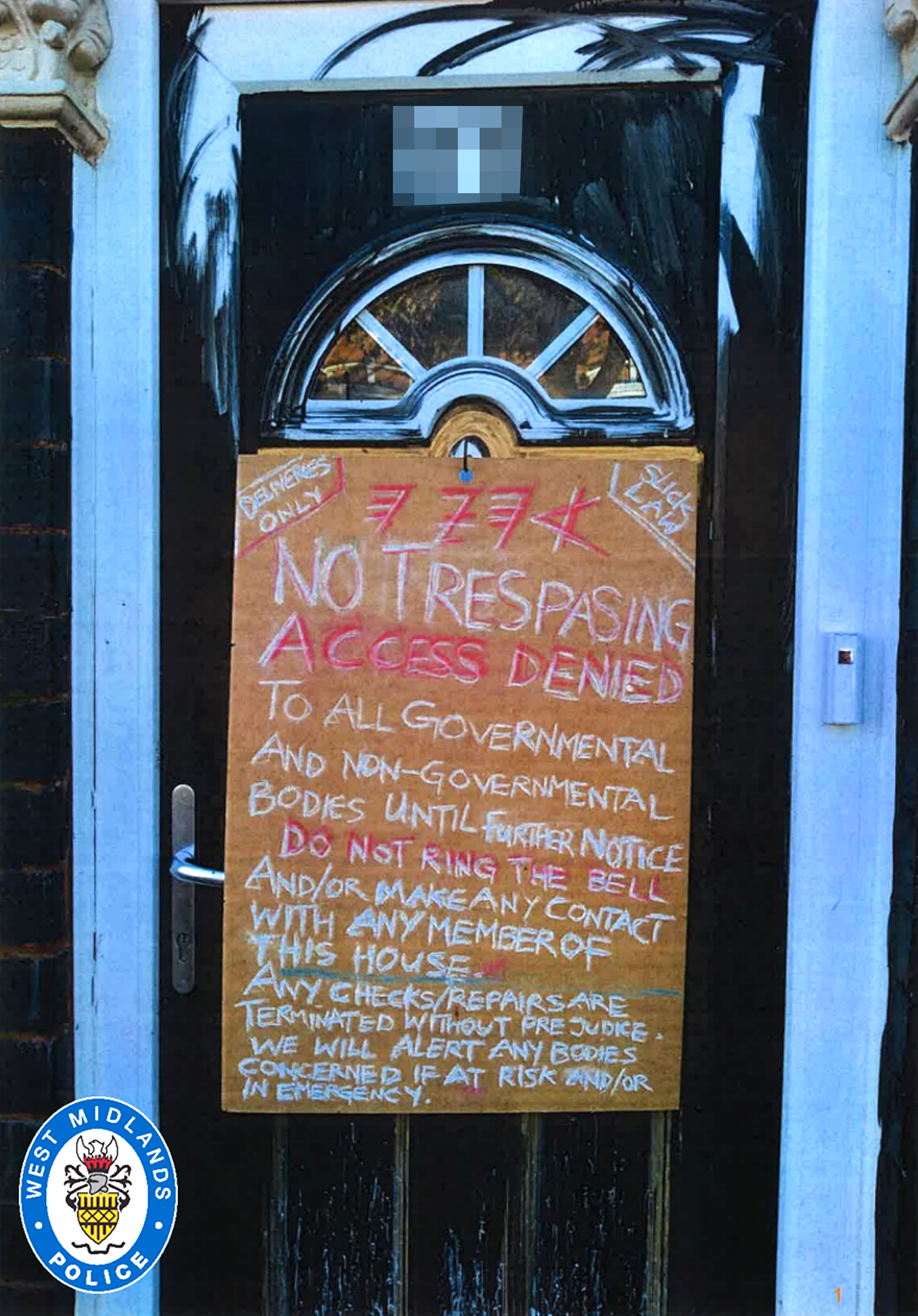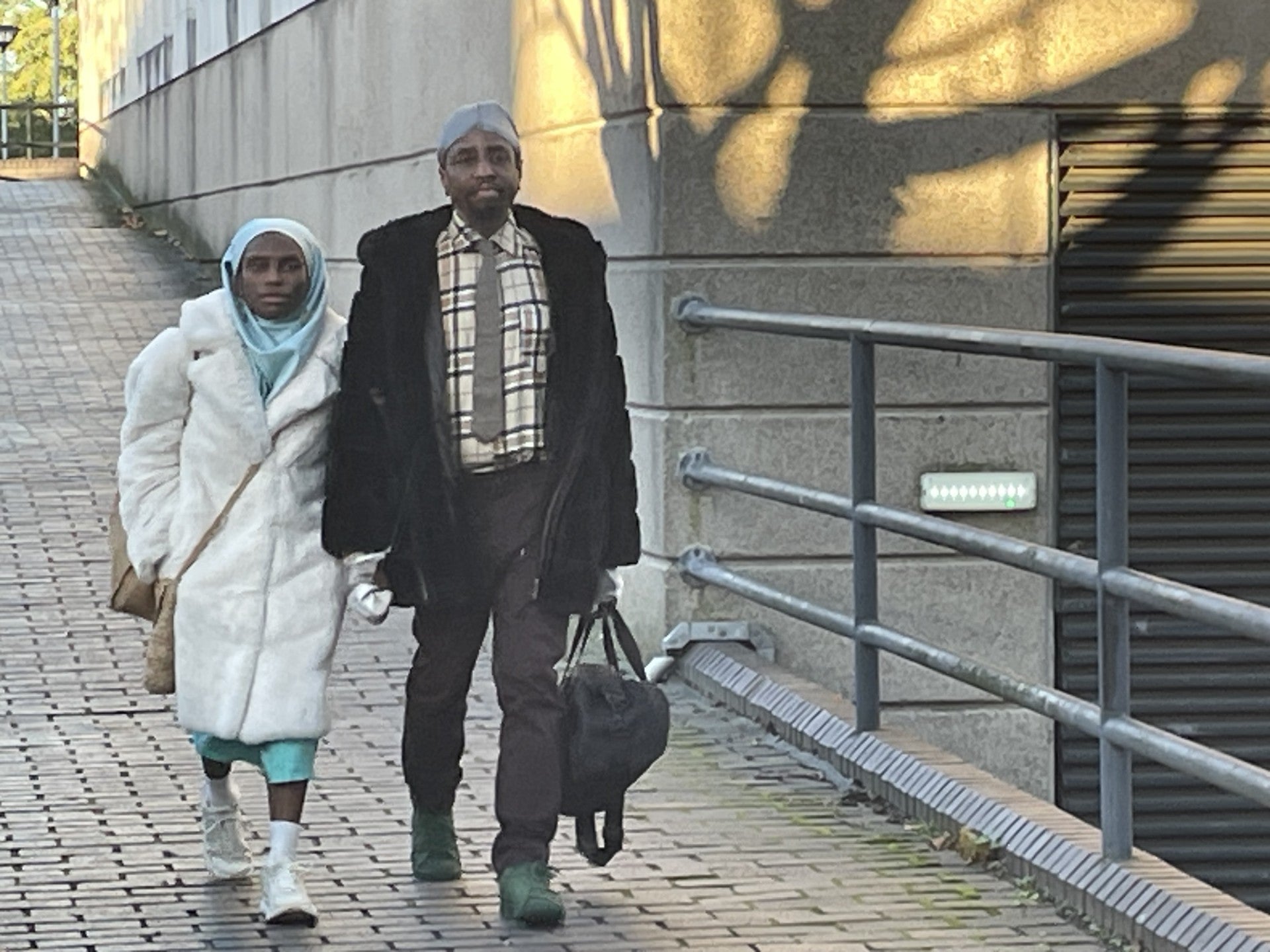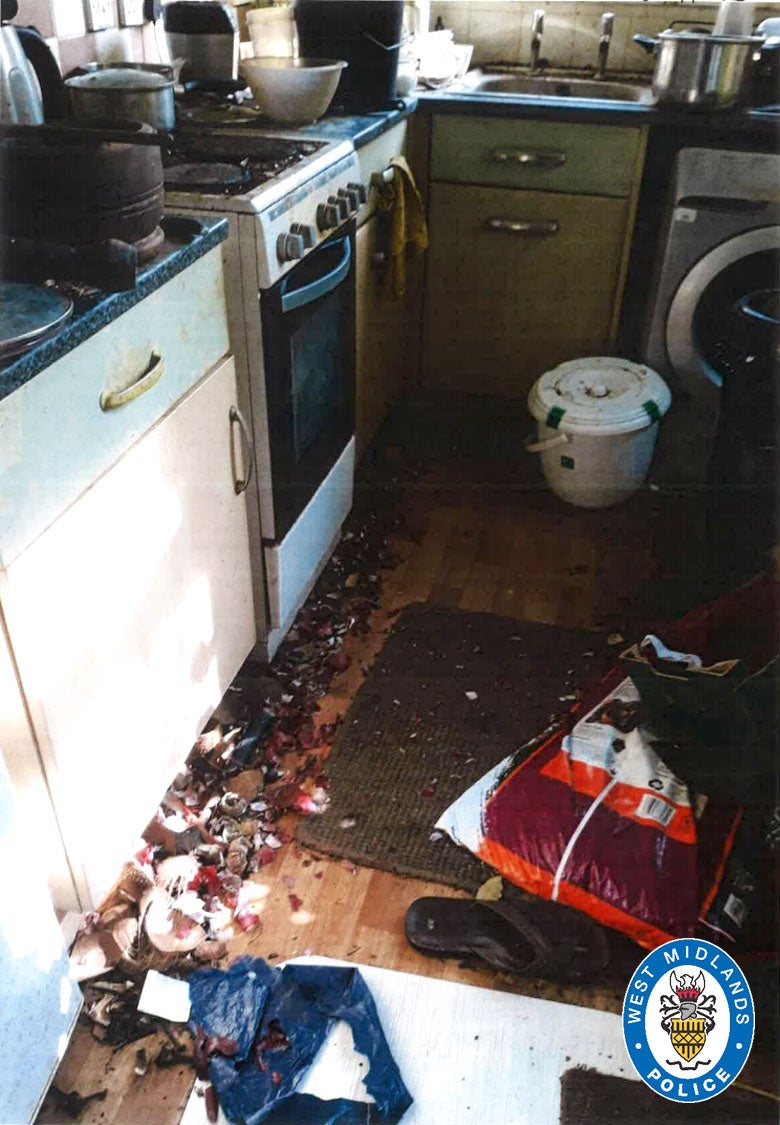
A reclusive couple who buried their three-year-old son’s body in their back garden after failing to seek medical help when he became ill have been found guilty of causing or allowing his death.
Abiyah Yasharahyalah’s skeletal remains were discovered by the police in December 2022 at his parents’ home in Handsworth, Birmingham. He had suffered from inadequate nutrition and was denied medical assistance despite being in “considerable pain”.
A trial at Coventry Crown Court was told that Abiyah died of a respiratory illness at a time when he was suffering from bone fractures, severe malnutrition, rickets, anaemia, stunted growth and severe dental decay.

Evidence from examinations of his remains showed he had suffered five broken bones, including a fractured arm which led to a “false joint”, and rib fractures.
His parents, Tai and Naiyahmi Yasharahyalah, 42 and 43, were motivated by a belief system that includes a restrictive vegan diet and a desire to avoid unwanted attention, and had established their own “kingdom”, the prosecution said.
A two-month trial was told the London-born Tai, a medical genetics graduate who also used the first name Tai-Zamarai, and Naiyahmi, a former shop worker, shunned mainstream society and were eventually arrested in December 2022 while living in a caravan in Somerset.
Police visited the property on Clarence Road in Handsworth three times – in February 2018 when Abiyah was alive, again in September 2021 after his death, and then in March 2022 to assist in the couple’s eviction for non-payment of rent.
On the second occasion, police bodycam footage recorded officers asking if a child lived at the address, and Tai becoming aggressive and being arrested for being obstructive.
The welfare check did not lead to Abiyah being identified as missing, due to confusion over records related to the address.
After his death, the couple failed to notify the authorities, and his body was left in the property for eight days before they embalmed his body in frankincense and myrrh and buried him in the garden.
Giving evidence, Mr Yasharahyalah said the couple were trying to “preserve Abiyah’s soul” while carrying out the ritual, which is in line with the customs of the Nigerian Igbo culture.

Prosecutor John Hankin KC told jurors that the couple were prepared to allow their child to “suffer the consequences” of inadequate nutrition and a lack of medical or dental care.
“They acted together,” he said. “They shared parental responsibility, they shared their belief system.
“One parent could not have secretly buried Abiyah’s body in the garden without the support of the other. Each played a part in burying Abiyah or agreeing to his being buried.”
Mr Hankin also said that the couple’s argument that Abiyah was symptom-free before his death other than a cold-like illness was “for the birds”.
Mr Hankin continued: “He must have been in very considerable pain from the moment the injury was sustained and thereafter for several weeks.
“Neither defendant was able to explain satisfactorily why the emergency services were not called.”
Both parents must have realised Abiyah was not getting enough nutrition and needed medical care, but chose not to provide it, it was alleged.

“Neither of them is stupid,” Mr Hankin said. “They were zealous in their beliefs.”
Although he had studied immunology and how diseases affect genes before graduating from Queen Mary University of London, Tai claimed he was unaware of the risks of a strict unsupplemented vegan diet.
By the time they were interviewed by police, disengagement from society and social services had left Tai barely able to walk, and Naiyahmi able to stand but unable to walk, the court heard.
Referring to a comment made by Abiyah’s mother that “nature has a way of doing things”, he said: “That is their attitude: ‘We’re right and nature will decide’.
“It is breathtaking arrogance and cruelty,” he added.
In their defence, jurors heard that when Abiyah fell ill with the symptoms of a cold in January 2020 the couple had treated him with natural remedies, including raw garlic and “various other pastes”, in what did not seem like an emergency at the time.
The Yasharahyalahs had denied causing or allowing the death of a child, neglect and perverting the course of justice.



.png?w=600)



